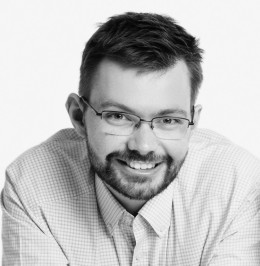Dr Tim Hearn

Contact information
Department of Medical Genetics
Box 238, Lv 6 Addenbrooke’s Treatment Centre
CB2 0QQ
United Kingdom
Research interests
Dr Hearn runs the Comparative Chronomics research group. We discover how circadian clocks work in different species by taking a comparative biology approach. The Comparative Chronomics group is based in the Department of Medical Genetics at the University of Cambridge and collaborates with colleagues across multiple departments.
Chronomics is the study of time across the life span of an organism. We are interested in daily and seasonal time keeping mechanisms – circadian and photoperiodic oscillators. We utilise genomics, transcriptomics, metabolomics to make comparisons between systems.
We are especially interested in the usage of chronobiology in genomic medicine; for which we have coined the term “Chronomic Medicine”. Our goal is to investigate how chronobiology impacts human health and disease.
We are using the tools of genomic medicine to cement the idea of Chronomic Medicine – delivering mechanistic basis for the role of the circadian clock in the inheritance and phenotypes of rare disease and answering the community wide call to explore all potential aspects of circadian medicine.
We take several Masters students from the Cambridge Genomic Medicine Programme MPhil and MSt cohorts each year. Please get in touch to discuss a potential project. Dr Hearn encourages approaches from any clinicians who want to partner with us.
Keywords
Bioinformatics, Genomics, Time series
 Cambridge Centre for
Cambridge Centre for